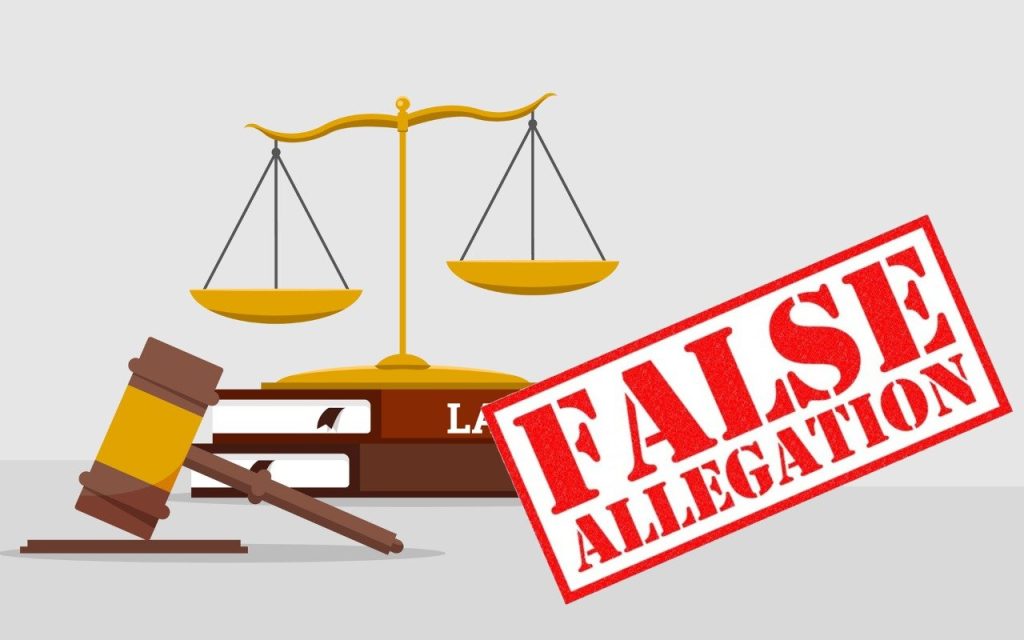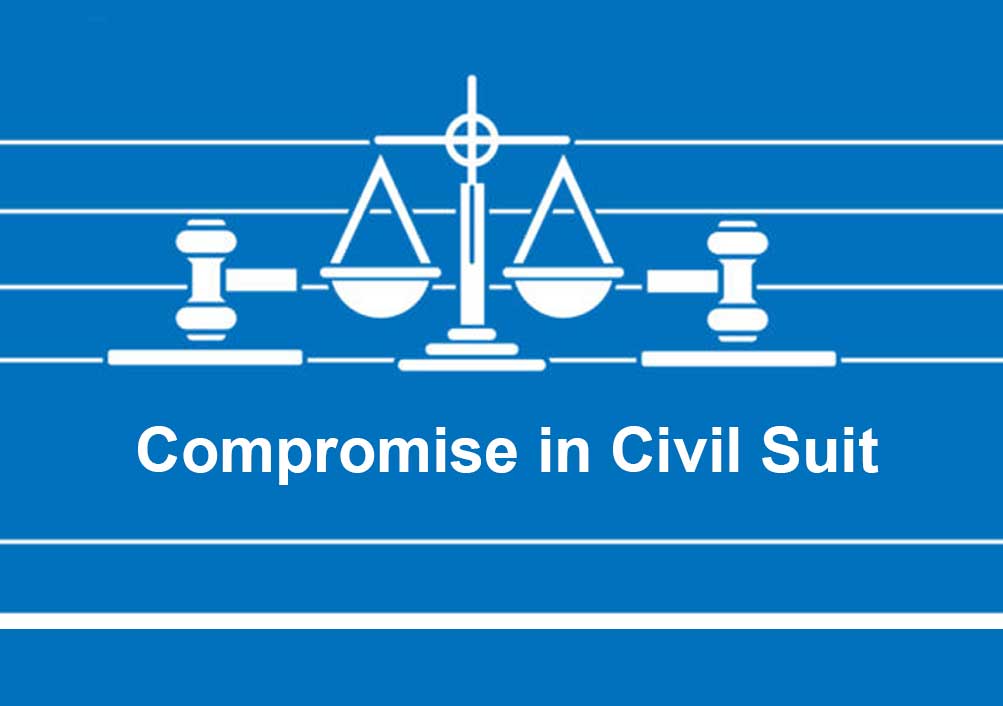Subject of discussion – Act 45 of 2009 – Amending the Employees Compensation Act,1923. One of the key amendments brought in was the deletion of Explanation-II to Section 4. The Act inserted Section 4(1B).
Explanation-II to S.4 (prior to it’s deletion) read,
“Explanation II. – Where the monthly wages of a workman exceed [four thousand rupees’], his monthly wages for the purpose of clause (a) and clause (b) shall be deemed to be [four thousand rupees]only”
Section 4(1B) now reads,
“The Central Government may, by notification in the Official Gazette, specify, for the purposes of subsection (I), such monthly wages in relation to an employee as it may consider necessary.”
Issue at present before a Division Bench of Hon’ble Madras HC (one referred by a Single Judge vide order dt. 21.09.2023 in C.M.A. 107/ 2022), is as follows: “Whether the purpose of deletion of Explanation-II to Section 4 (1) of the Employees’ Compensation Act was to remove the deeming cap on the monthly income of an employee and award compensation to the employee on the basis of actual monthly wages earned by him?”
The question was raised as a result of conflicting views expressed, all of which you may read in the order made by the Single Judge.
Let us now come to the brief answer to the above question, which can be found in the WORKMEN’S COMPENSATION (AMENDMENT) BILL, 2009 (Bill No. 65/ 2009), which was subsequently passed as Act 45 of 2009 (Amendment). Section 4(1B) was Clause 7 (b) in the Bill. As per the “FINANCIAL MEMORANDUM” which is part of the Bill, “Sub-clause (b) of clause 7 of the Bill empowers the Central Government to revise the wage ceiling from time to time for calculation of maximum amount of compensation where death or permanent total disablement or permanent partial disablement results from the injury”
The very Bill proposed by the then Hon’ble Minister for Labour & Employment, Mr. Mallikarjun Kharge, explains the intention behind the introduction of S. 4(1B) to the Act of 1923. Further, the Bill was passed without further changes on 25.11.2009 (A copy of the Parliament discussion can be found on the Lok Sabha site).
Subsequent to the Amendment, the Central Govt. has used it’s power u/s 4(1B) and fixed the maximum amount that can be given as compensation (irrespective of whether the salary was higher). The first Notification is S.O. 1258(E)., Dt. 31.05.2010, whereby the Central Govt. fixed the amount as Rs. 8000/-. The second Notification is S.O.71(E)., Dt. 03.01.2020, whereby the Central Govt. fixed the amount as Rs. 15,000/-.
The above amount must be seen as the cap made on (maximum) amount awardable as compensation. The wording used in the provision has led to some conflicting views, but the intention of the Parliament at the time of the Bill being passed is clear from the Financial Memorandum available as part of the Bill itself. I hope this solves the issue. Thank you for reading.
Views are personal. Contact for personal assistance.
Subscribe to the Lawyers’ Society Youtube Channel to receive informative legal videos.









